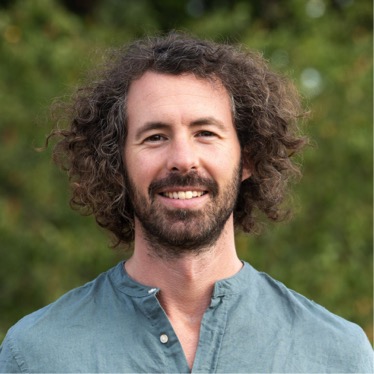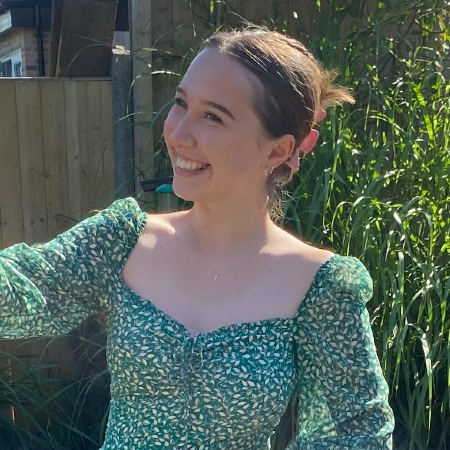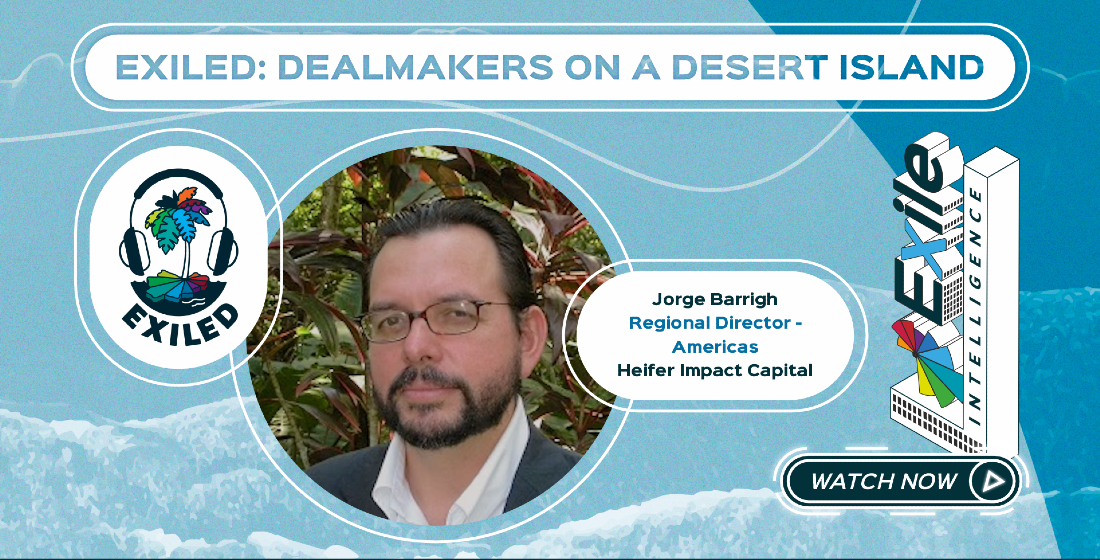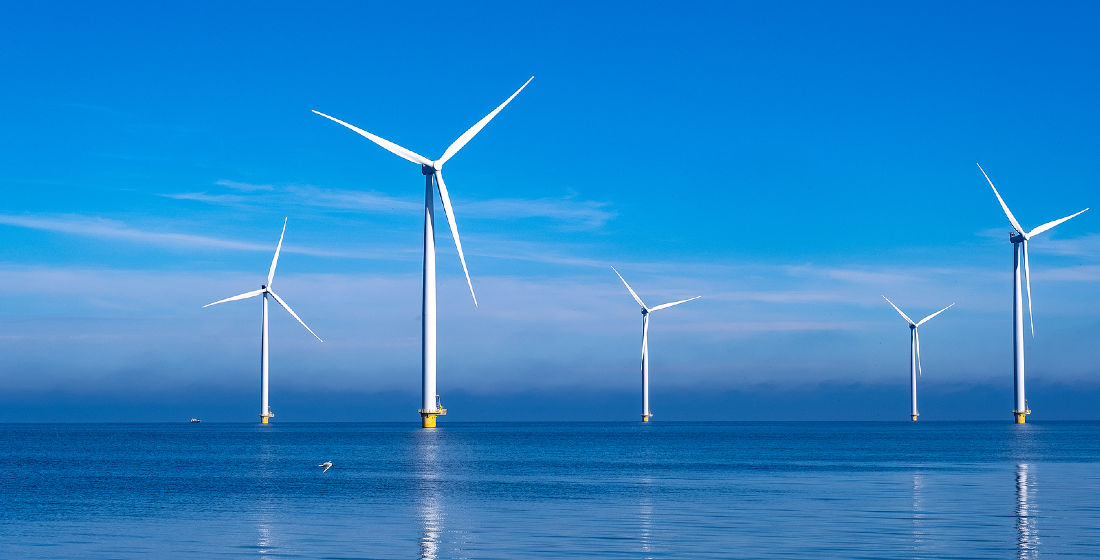Shoptalk: Satgana and investing in climate tech startups
Satgana – which offers pre-seed and seed stage equity to startups offering technological solutions to the climate crisis in Europe and Africa – has reached first close on its planned €30 million Climate Tech VC Fund. Uxolo sat down with Romain Diaz, CEO of Satgana, to discuss the firm’s funding and investment strategy.

Uxolo: What is Satgana trying to do and what is the background to the fund?
Romain Diaz (RD): As a bit of background, I have been doing early-stage venture building and investing for the past 10 years. In the past couple of years increasingly, I have on a personal level, realised both the emergency of the climate crisis and on the other hand also realised that it's a booming sector. I think more and more corporations, talents, investors, entrepreneurs and so on are realizing that it's a massive opportunity as well. And so there is a massive inflow of capital right now in climate technologies and climate funds and impacts and so on, and what we need is more of them, more accountability, more frameworks, more talent and more capital.
We are trying to play our role by bringing about a newly launched fund that invests in very early stage entrepreneurship and startups that create technology solutions for the climate crisis. We have so far raised capital with mostly private investors, high net-worth individuals and family offices. We're starting now to speak with a couple of institutional investors. Our goal is to deploy capital across different industries, namely transportation, agriculture, food industry and buildings, carbon removal and energy, as these are the most vital for decarbonisation.
We receive a lot of opportunities on a daily basis from entrepreneurs across both Europe and Africa, our geographical targets, that are building solutions. We assess them according to a certain number of criteria and we analyse and we take calls with the ones that we think are relevant. So far we have invested in three of them that I am happy to tell you a bit more about.
Uxolo: Given the fund invests equity of up to €500,000 in pre-seed and seed stage startups, what is the typical funding journey in a Satgana investment?
RD: We typically take a percentage of equity that can go as low as 1% and as high as 20%, depending on the company, on the deal, the valuation and how much we invest. We do not charge any other equity for our support services - it is helpful to us to mitigate risks and to maximise the value of our investments.
There are two main ways through which we create additionality to this ecosystem. Firstly, there are a lot of entrepreneurs that apply to funding houses or VCs that do not want to invest that early in a startup. In general, it is just entrepreneurs that have an idea to change the world, they have a beautiful PowerPoint, they have good knowledge of their markets generally. They have a bit of a product already built, some technology, some proven and maybe early signs of traction. But in most cases they are still pre-revenue so we try to invest earlier because we think there is a gap in the ecosystem.
The second point is the fact that we try to be not only capital providers, but also invest a lot of our operational and strategic resources to avoid these entrepreneurs being thrown in the sea by themselves. We can figure things out and avoid the mistakes that a lot of us internally have done before. We help them on impact management to really try and measure the potential impact of their technology development, on marketing, on finance, and on fundraising. We help fill in the round or to raise subsequent rounds on hiring, especially from a diversity perspective, because we really push founders to have gender-balanced teams. We aim to build very strong, hands-on, and close relationships with our founders - not just invest a check and then sit back and relax, but really be involved with all these companies.

Romain Diaz, CEO Satgana
Uxolo: What investments has Satgana made in the past year and why?
RD: In the past year and a half, we have analysed more than 600 companies that have applied for funding with us, and we have invested in three – so a selection rate of 0.5%. The first of them, Mazi Mobility, is on a mission to decarbonise the transportation sector in East Africa. Africa has only emitted 3% of global GHG emissions so far, yet is, unfortunately, the most impacted by climate change. While Africa has to adapt to climate change on one hand, on the other it also has to develop itself in a manner that is almost like preventative climate mitigation and develop itself on the green growth path. We are trying to contribute to this with mass mobility, with a focus on building a network of electric motorbikes and battery swapping stations.
Orbio Earth is on a mission to help the energy sector reduce methane leaks – methane is a very powerful greenhouse gas, 80% more potent than CO2 20 years after being emitted. It represents one of the lowest hanging fruits in the climate mitigation struggle as methane leaks are quite easy to fix. We just need to have a better understanding of where they are when they happen because they happen very quickly – Orbio has a solution based on open-source satellite data that can help energy providers reduce methane leaks. We were the lead investor in the €600,000 rounds they raised recently.
Finally, Yeasty is a circular economy startup in the alternative protein space. Basically in the breweries that have extra yeast, Yeasty is buying it at a cheap price and then transforming this byproduct of the beer production process into an alternative protein. Alternative protein is obviously also made to be a replacement for meat, a big emitter of greenhouse gasses, so it is a double impact. It is a team with very strong engineers who are currently patenting their product.
Uxolo: Once you have these startups, how do you scale them up?
RD: Basically, proving that the technology works and is desired by clients that start to pay for it and then follow on investors. What we have already seen in the team, in terms of potential impact and commercial potential, is really promising but they will need a lot more capital in order to develop themselves. All of them will be raising capital during the course of next year and we will probably also be co-investing in them if everything goes according to plan.
Uxolo: What trends and developments are you seeing in the overall climate-tech and innovation sector, and what do you think we need to see more of?
RD: On one side, I want to see breakthrough innovations that we still need to come up with in terms of, for example, nuclear fusion, green hydrogen and so on, as these are technologies that will incur fundamental shifts from an energy production perspective. If we have clean, abundant energy, that will obviously be a game changer in order to get rid of fossil fuels and decarbonise many, many industries. We still have a long way to go on that level.
Another kind I want to see is moonshot technology breakthroughs that we need, in terms of widely scaling them up, in terms of technology development, and a key one is carbon removal. This means not only decreasing the emissions that we are already emitting in all sectors, but also starting to draw down the carbon with different methodologies like indirect captures.
That is one key aspect but also one finds more proven technologies that need to be deployed on a wider scale. So obviously, a very easy example is solar and wind, which is already on a price decrease curve.However, even in terms of using software for better energy efficiency or better, better predicting stocks for food in order to prevent food waste. This is something I am particularly looking to invest into - food waste is the most stupid problem in the world because the food is already produced and took a lot of effort to get from farm to fork and a lot of energy, a lot of sold, a lot of water, a lot of man hours, etc. and then it is wasted. There are 900 million people on this planet that don't have enough food. It is such a crazy problem and it contributes to about 15% of GHG emissions. So that is really a space that we are trying to invest into.





